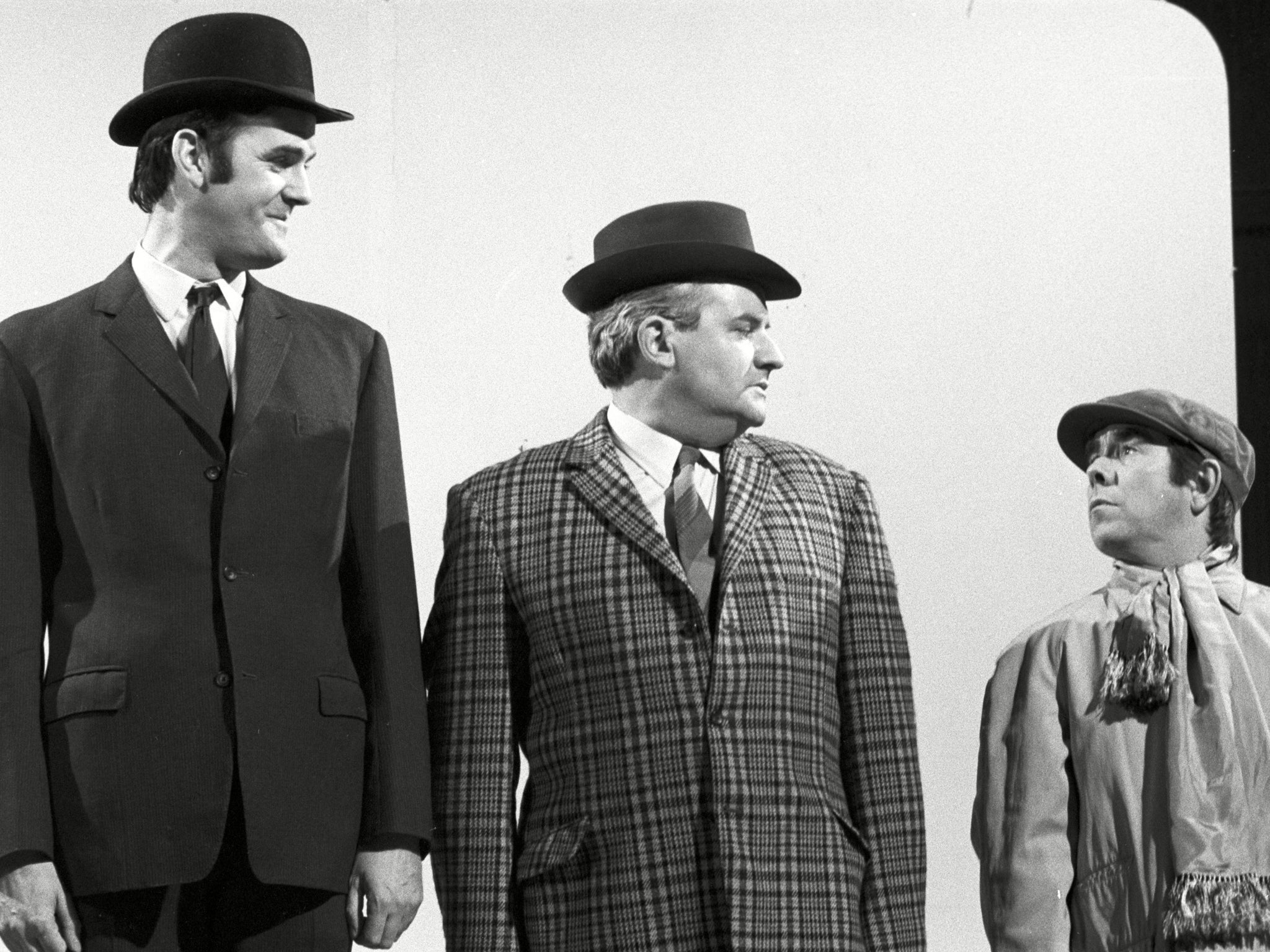Britain's 7 new social classes: do you fit into one?

Your support helps us to tell the story
From reproductive rights to climate change to Big Tech, The Independent is on the ground when the story is developing. Whether it's investigating the financials of Elon Musk's pro-Trump PAC or producing our latest documentary, 'The A Word', which shines a light on the American women fighting for reproductive rights, we know how important it is to parse out the facts from the messaging.
At such a critical moment in US history, we need reporters on the ground. Your donation allows us to keep sending journalists to speak to both sides of the story.
The Independent is trusted by Americans across the entire political spectrum. And unlike many other quality news outlets, we choose not to lock Americans out of our reporting and analysis with paywalls. We believe quality journalism should be available to everyone, paid for by those who can afford it.
Your support makes all the difference.Are you working, middle, or upper?
As a nation, we're obsessed with class, but it seems the three traditional and rigid choices are no longer fit for purpose.
In the largest ever survey of class in the UK (with more than 160,000 respondents) seven new levels have emerged.
The 7 new classes (according to the BBC Lab study):
- Elite - The most privileged class. High level of all three capitals (economic, cultural and social).
- Established middle class - High levels of all three capitals but not as high as Elite. Gregarious and culturally engaged
- Technical middle class - New, small class, with high economic capital but less culturally engaged. Relatively few social contacts.
- New affluent workers - Medium levels of economic, but higher levels of cultural and social capital. Young and active.
- Emergent service workers - New class with low economic but high 'emerging' cultural capital. High social capital. Young and often found in urban areas.
- Traditional working class - Low on all three capitals, but not the poorest. Older on average than other classes.
- Precariat, or precarious proletariat - Most deprived group, with low levels of all three capitals.
What do you think of the new categories?
Join our commenting forum
Join thought-provoking conversations, follow other Independent readers and see their replies
Comments